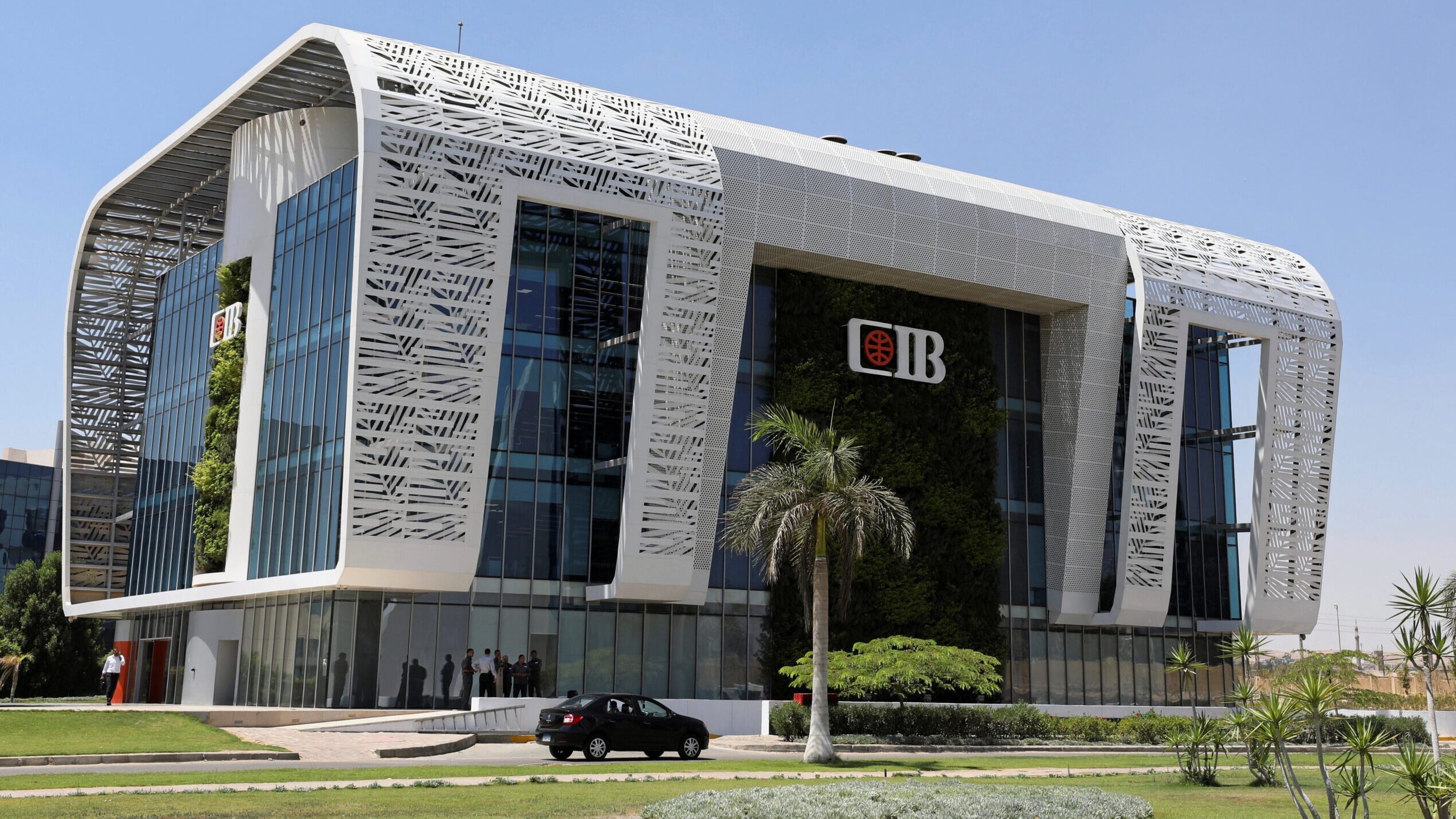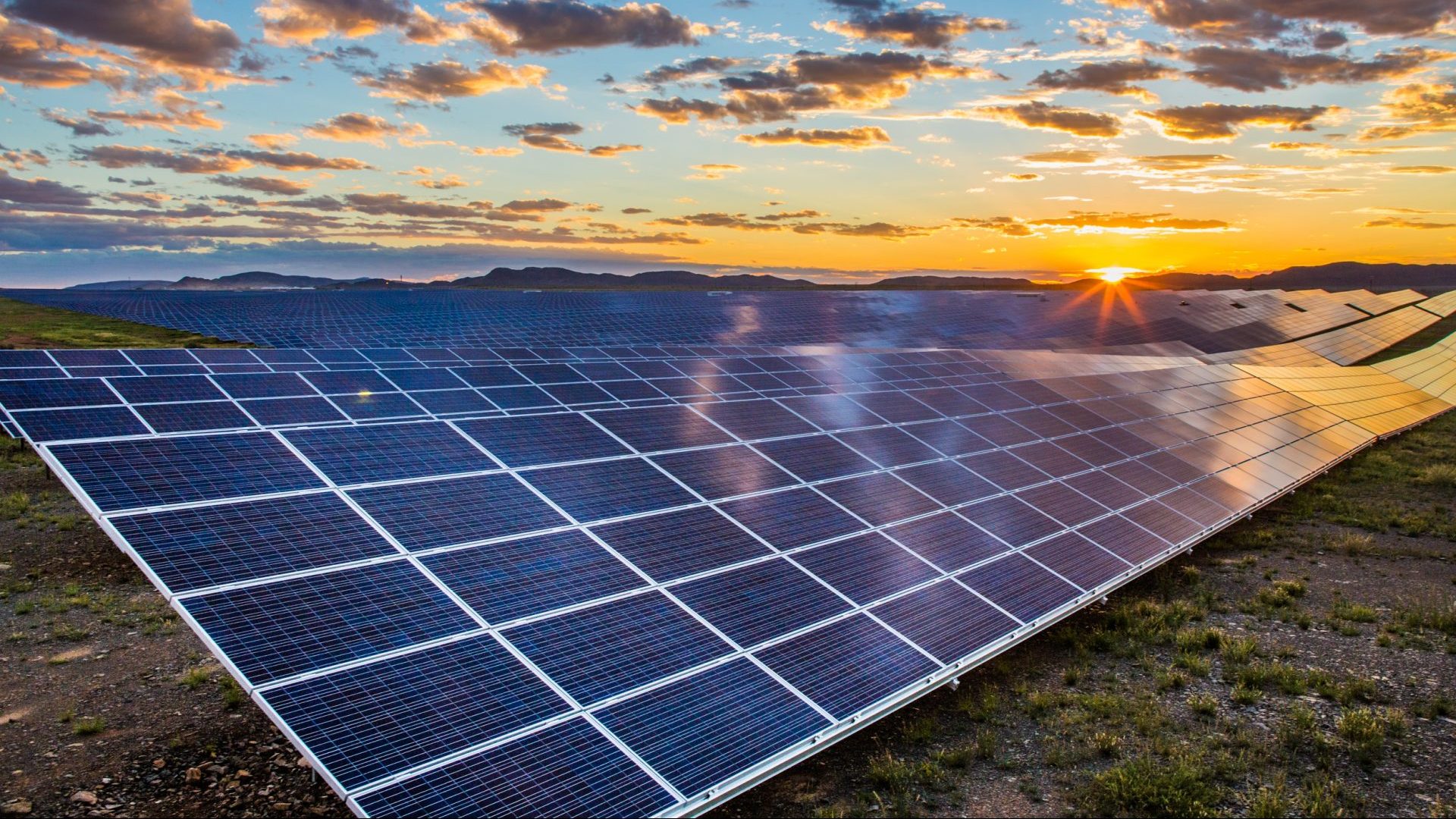Ghana, the world’s number two cocoa producer, has sold nearly 200,000 tonnes of cocoa for the 2020/21 season, with prices including a new premium to support farmers, the head of the cocoa regulator told Reuters. Ghana and top producer Ivory Coast announced in July that all cocoa purchases for the 2020/21 season must include a Living Income Differential (LID) of USD 400 a tonne in a bid to tackle pervasive farmer poverty. The move was a major overhaul of how global cocoa was priced and buyers initially responded cautiously, with only a few deals concluded in the period immediately following the announcement.
“So far everything is running on course,” Joseph Boahen Aidoo, the chief executive of Cocobod, said on the sidelines of an investment conference in Johannesburg.
“I’ve already indicated … that the LID has come to stay. So you have to pay. The buyers, the processors, the manufacturers, the brand companies are in tune with it.” Aidoo said Ghana was expecting to sell forward around 650,000 tonnes of next season’s crop.
Singapore-based food group Olam agreed to purchase 100,000 tonnes of cocoa export contracts from Ivory Coast in a deal last month, the regulator there said. The deal was an indication that industry players were overcoming their early misgivings about the premium. Following in the footsteps of major chocolate makers including Mars, the CEO of Switzerland’s Barry Callebaut last week voiced support for the LID, adding that the added cost would likely be passed onto consumers.
Ghana signed a USD 600 million loan package on Tuesday with the African Development Bank (AfDB) and Credit Suisse aimed at giving a boost to its cocoa sector. The money will help Cocobod provide short-term working capital to local processing companies and pay for new warehouses that will allow Ghana to store beans longer without a deterioration in quality. It will also finance a programme to replace ageing trees and destroy plantations infected with swollen shoot, a viral disease that has become a threat to Ghana’s cocoa production.
“In the next five or six years, with the facility coming from the AfDB, it’s going to transform the cocoa sector. It will enable Ghana to move from around 900,000 (tonnes) to 1.5 million,” Aidoo said.
Any production losses due to the replanting and tree destruction programmes should be offset by increased productivity from pollination initiatives, Aidoo said, meaning overall output is unlikely to dip in the short term.
SOURCE: CNBC

Ethiopia has cleared the way for Safaricom to introduce M-Pesa in the market of 110 million people after deciding to include the ...

Egyptian largest private sector bank by assets Commercial International Bank (CIB) is seeking to acquire more banks to strengthen ...

The European Investment Bank and International Solar Alliance have published a study outlining access solutions to overcome key ...

Kenya has been ranked the top country in the world in reducing population with no access to electricity, pointing to the impact ...